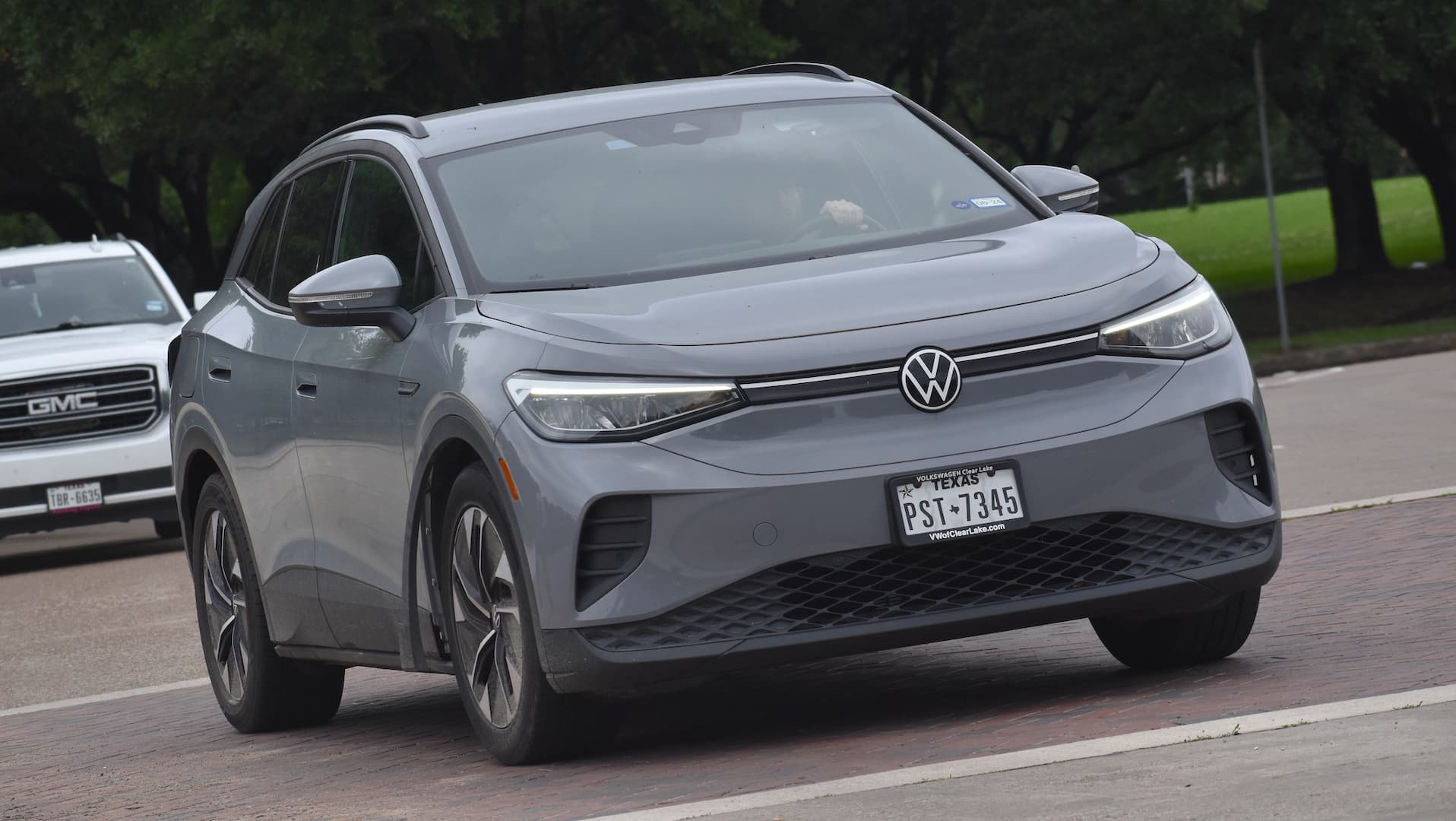Diagnostic Trouble Code P0172: System Too Rich (Bank 1)
Our mobile mechanics can quickly diagnose a P0172 trouble code and bring the shop to you 7 days a week. Get a quick and fair quote today.

Find Your Cost
What Is P0172?
P0172 is an OBD-II diagnostic trouble code (DTC) defined as “System Too Rich (Bank 1).”
The P0172 code triggers when your engine control module (ECM) or engine control unit (ECU) detects that Bank 1 is running on a rich fuel mixture. Here, Bank 1 refers to the side of the engine that houses cylinder number 1.
Engines typically combust the air-fuel mixture at a 14.7:1 ratio, meaning 14.7 parts air to 1 part fuel. A balanced air-fuel ratio results in every hydrocarbon molecule combining with two oxygen molecules to form carbon dioxide (CO2).
However, if there’s too much fuel in the mixture (“rich”), each hydrocarbon molecule only combines with one oxygen molecule. This forms carbon monoxide (CO), resulting in incomplete combustion.
Typically, your ECU adjusts the air-fuel ratio using data from components like the oxygen sensor (O2 sensor), air-fuel sensor, mass air flow (MAF) sensor, and the manifold absolute pressure sensor (MAP sensor). These adjustments are known as “fuel trim.”
The ECM can only change the air-fuel mixture in small increments. So, if your air-fuel ratio requires greater adjustment beyond the normal range, the ECM will register the P0172 code and trigger the check engine light.
13 Common Causes of Code P0172
From fuel system issues to failing sensors, here are all the possible reasons the ECM will register the P0172 code:
- Faulty fuel injector: Failing fuel injectors can allow excess fuel into your combustion chamber.
- Excess fuel pump pressure: If the pressure is too high, the injector will deliver excessive fuel for ignition.
- Faulty fuel pressure regulator: A malfunctioning regulator can fail to control the pressure, allowing excess fuel to enter the engine.
- Dirty mass airflow sensor (MAF sensor): A dirty MAF sensor won’t provide accurate readings of the air intake. This causes the ECM to misadjust the air-fuel ratio, resulting in an overly rich mixture.
- Defective manifold absolute pressure (MAP) and throttle position sensors (TPS): Loose or corroded wires can cause these sensors to send inaccurate readings to your car’s computer. The incorrect data then triggers the ECM to increase the gas supply, resulting in a rich fuel mixture.
- Faulty oxygen sensor: When the O2 sensor fails to monitor the exhaust oxygen levels accurately, the ECM can increase fuel delivery, creating a rich mixture.
- Damaged positive crankcase ventilation (PCV) hoses or a stuck valve: Damaged PCV hoses or a stuck valve can disrupt the ventilation of crankcase vapors. If the PCV system is faulty, it can cause increased crankcase pressure or vacuum leaks, which may lead to a lean or rich condition, depending on the nature of the failure.
- Vacuum leak: A cracked air intake system, loose vacuum hoses, or damaged gaskets can allow unmetered air into the engine, creating a lean condition. To compensate, the engine will pump excess fuel.
- Clogged air filter: A contaminated filter can restrict airflow into the engine, causing it to run on a rich mixture.
- Cooling system problem: A problem with the thermostat or engine coolant temperature sensor (ECT sensor) can cause the ECU to think the engine is still in a cold-start phase. As a result, the ECU may increase fuel delivery.
- Faulty spark plugs: Worn or corroded spark plugs can misfire or fail to ignite, leaving unburnt fuel in your engine.
- Stuck purge valve: This valve vents harmful fuel vapors into the combustion chamber to burn as fuel. However, if stuck open, it can allow excessive fuel vapors into the combustion chamber. This creates a rich air-fuel ratio due to a lack of oxygen.
- Malfunctioning powertrain control module (PCM): Software or wiring issues in the PCM can cause the injection system to pump excessive fuel, affecting the air-fuel mixture.
6 Critical Symptoms of P0172 Trouble Code
Besides an illuminated check engine light (CEL), the P0172 code will exhibit signs such as:
- Reduced engine power: When the fuel mixture is too rich, the combustion process becomes less efficient, resulting in a delayed or sluggish throttle response, decreased engine performance, starting issues, a rough idle, engine stalling, and misfiring.
- Fuel Smell: Unburned fuel can flow into the exhaust system, resulting in raw hydrocarbons (gas vapors) exiting the tailpipe or leaking into the cabin.
- Black smoke from the exhaust: Black smoke indicates partially combusted or unburned fuel leaving the tailpipe. It occurs when the air is insufficient to fully oxidize the fuel.
- Soot buildup on spark plug diodes: Rich mixtures leave carbon residue on spark plug electrodes due to unburnt fuel. This carbon, or soot, collects on the spark plug tip, insulating it and reducing spark efficiency.
- Reduced fuel economy: Since the engine injects more fuel than necessary, and not all of it is converted into mechanical energy, a significant portion of fuel is wasted. The ECU compensates by adjusting fuel trims, but with persistent rich conditions, overall fuel consumption increases.
- Failed emissions tests: Emissions tests measure levels of pollutants like carbon monoxide (CO), hydrocarbons (HC), and nitrogen oxides (NOx). A rich condition boosts CO and HC levels because the fuel isn’t fully oxidized. As a result, your vehicle may fail an emissions test.
Can You Still Drive with a P0172 Error Code?
Technically, you can, but you shouldn’t.
Extended driving with an active DTC P0172 code can lead to performance problems, such as rough idle and engine stalling. Over time, it can also damage parts like the spark plugs, pistons, and catalytic converter.
Some of these components require expensive repairs or replacements. So, contact a professional mechanic as soon as you notice a P0172 error code.
How Do You Diagnose a P0172 Trouble Code?
Since several problems can trigger the P0172 code, there’s a high possibility of a misdiagnosis. You should call a mechanic to correctly identify the underlying cause.
Here’s how they’ll diagnose the P0172 trouble code:
- Use the OBD-II scanner to retrieve existing engine codes and freeze frame data. The data will help evaluate the engine’s condition when the PCM registered the P0172 code for the first time.
- Examine the long-term and short-term fuel trim values using the OBD-II scan tool. The fuel trim values shouldn’t exceed +/-10.
- Check the spark plugs for any signs of rust. Corroded spark plugs can often be the underlying cause of the P0172 code.
- Inspect the air filter for clogging and the intake system for cracks indicating a vacuum leak.
- Check the PCV hoses for physical damage and the valve for debris accumulation.
- Perform a fuel pressure regulator test and check that the pressure sensor provides accurate readings. Then, use noid lights (a specialized tool to test electrical signals) to check the fuel injectors’ pulse.
- Examine related sensors for issues. Components like the MAF, MAP, and TPS may send inaccurate readings if there’s a circuit issue or vacuum leak. Similarly, the O2 sensor may malfunction due to an exhaust leak or wiring problem. To verify whether they’re the root cause, the mechanic will also test their voltage and resistance values.
- Assess the condition of the purge valve.
- Test the engine control module to verify that the software is functioning and there are no technical problems.
Possible Repairs and Costs for Fixing Code P0172
Based on the inspection, your mechanic will proceed to address the root cause of the P0172 code.
Here’s how they’ll fix P0172-related issues and the estimated expenses (including labor costs):
- Vacuum leak repair: $10 to $1,500
- Faulty spark plugs replacement: $50 to $750
- PCV valve replacement: $80 to $220
- MAF sensor cleaning: $85 to $125
- PCV hoses replacement: $105 to $130
- Throttle position sensor replacement: $150 to $710
- Replace the MAP sensor: $170 to $215
- Purge valve replacement: $180 to $320+
- Mass airflow sensor replacement: $250 to $470
- Fuel pressure regulator replacement: $260 to $870
- Faulty fuel injector replacement: $335 to $2,000
- Faulty oxygen sensor or air-fuel sensor replacement: $360 to $520
- Coolant temperature sensor repair or replacement: $400 to $500
- ECM replacement: $800 to $1,500
- Fuel pump replacement: $1,100 to $1,300
After the repairs, the mechanic will use the OBD-II scanner tool to clear any existing diagnostic trouble codes and reset the CEL.
How to Avoid Issues That Trigger a P0172 Code
Follow these tips to prevent P0172 code-related issues:
- Use high-quality, compatible fuel (check the owner’s manual) in your vehicle to prevent premature wear of fuel system components.
- Check and replace the throttle position sensor every 80,000 to 150,000 miles and the oxygen sensors every 50,000 and 100,000 miles.
- Swap out the engine air filter every 12,000 miles.
- Follow routine maintenance and schedule exhaust, air intake, and ignition systems inspections annually.
How It Works
Our certified technicians come to you with a wrench and a smile. Do what you’d normally do at home (or the office) - catch up on yard work or a favorite TV show, make dinner - while your vehicle is being serviced.
Tell us about your vehicle
Select your vehicles year, make, and model and the repair service you need.
Book online
Get a free quote, book an appointment, and speak to a specialist – all online!
Schedule your repair
Pick a time that works best for you and our mobile mechanics will bring the shop to you.
Related Repairs
Not sure? Let us diagnose
We're here to keep you moving
Our experienced mobile mechanics are ready to help.
Get a Quote1-Year | 12,000-Mile Warranty


